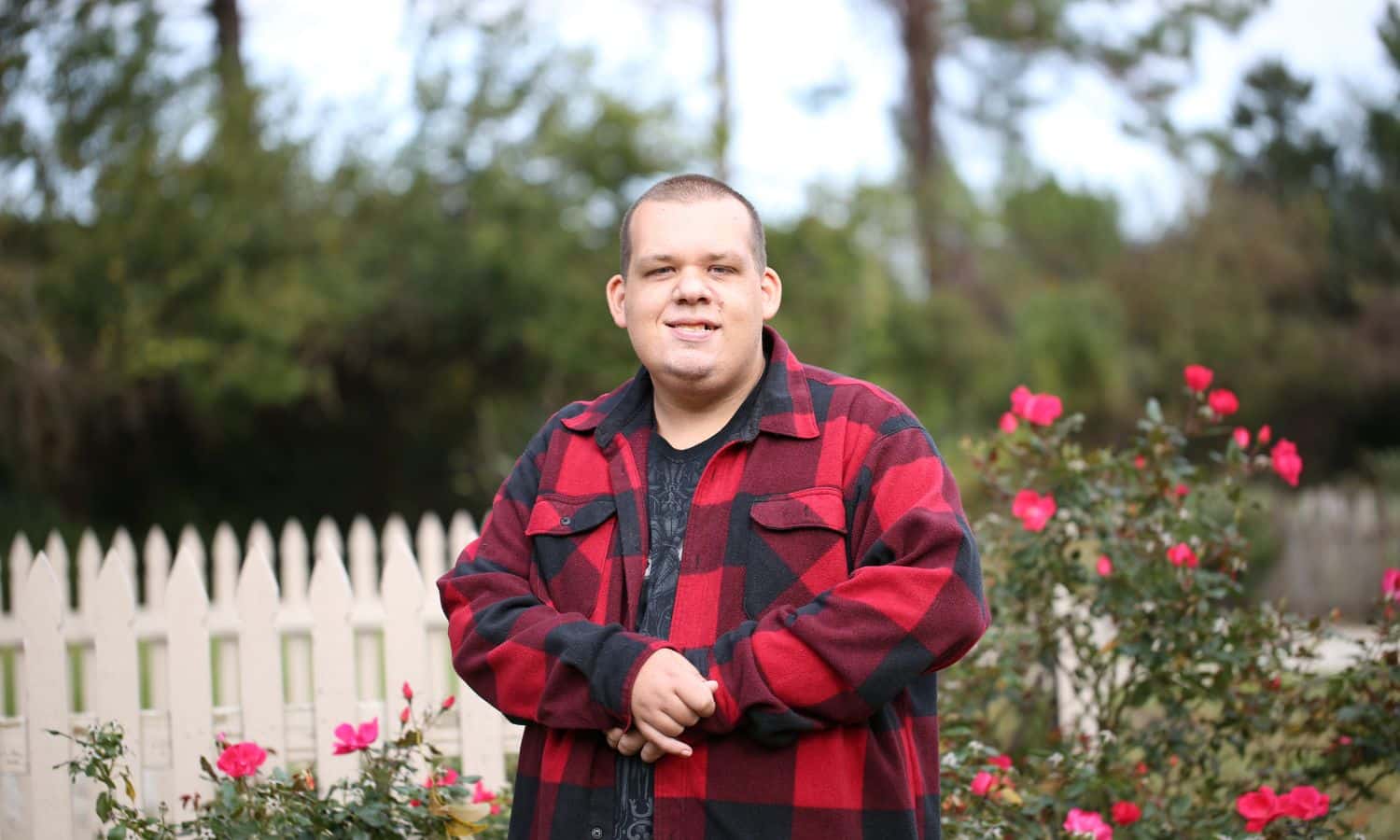Adults with Prader-Willi syndrome (PWS) can live full, active lives when given the right support. For many people living with PWS, this can mean joining a club or volunteering in their community. Some may need more support than others, especially if they do not live with their parents. However, with the right resources, individuals with PWS can expect to lead happy and fulfilling lives.
Prader-Willi Syndrome Explained
Prader-Willi syndrome is a genetic chromosomal disorder affecting many different body parts. People with PWS may have trouble gaining weight but often have a strong desire to eat. Coupled with a slow metabolic rate, this can lead to obesity and other health problems if a calorie-restricted diet is not in place.
Physical manifestations of PWS include small stature, poor muscular development and tone, and delayed sexual development. People with PWS also experience behavioral, developmental, and learning challenges.
Although there is no cure for PWS, much research supports the use of Human Growth Hormone (HGH) to increase stature, lower body fat, and improve developmental and behavioral symptoms. HGH treatment also improves bone density and may prevent or delay the onset of osteoporosis.
Adults Living with PWS
To improve health outcomes for adults with PWS, remaining active and eating a balanced diet are essential. Daily exercise and activities can also help manage stress, which is known to trigger poor eating habits and other behaviors. Finding healthy ways to cope with stress is paramount.
With a strong support system comprised of family and friends, adults with PWS will be more easily able to navigate challenges.
Here are a few excellent activities for adults with PWS to try:
Physical Exercise
Any physical exercise is recommended for adults with PWS and should be part of their everyday lives, if possible. Walking, swimming, volleyball, badminton, bowling, and dancing are all great ways to stay active. Fun, interactive games are particularly highlighted as they provide increased social stimulation and something to look forward to.
Art Classes
Whether you’re crafting, painting, or woodworking, creativity is an excellent outlet for adults with PWS, providing the opportunity to achieve tangible results they can be proud of.
Singing, Music, and Acting
Choirs and singing groups are a great way to get social, and they also provide recreational goals for individuals to focus on.
Volunteering
Lending a hand in the community can be an enriching, feel-good activity for adults with PWS. Many organizations that accept volunteers, like community centers, hospitals, and local charities, offer programs to support adults with intellectual and developmental disabilities who want to volunteer.
If you are interested in learning more about day habilitation for an adult with PWS, reach out to ILA today. Our organization is dedicated to providing individuals with opportunities for increased independence, socialization, and community inclusion. We are here to help.

































































